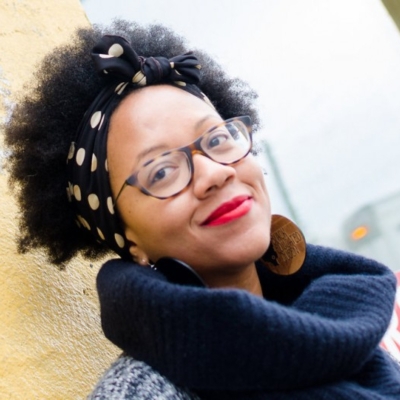A Changing Climate Means A Changing Society. The Island Press Urban Resilience Project, Supported By The Kresge Foundation And The JPB Foundation, Is Committed To A Greener, Fairer Future. This Op-Ed Was Originally Published December 20, 2018 In Greater Greater Washington.
In the DC metro area, the average cost of a home in a majority-black neighborhood is $48,490 less expensive than a comparable home in a neighborhood with few to no black residents, according to a recent report from the Brookings Institute.
This 15% price difference in the Washington region mirrors a national trend that shows how homes in black neighborhoods in US metropolitan areas are being devalued—to the tune of $156 billion in cumulative losses for black homeowners, per the report. The cause, according to lead researcher Andre Perry, is a housing market in which racist policies and practices have negative impacts on blacks in America.
To dismantle the notion that homes are cheaper in black neighborhoods because they live in worse conditions, the researchers conducted apples to apples comparisons of home prices in neighborhoods where the quality of residences and nearby amenities are relatively equal—the only difference being the racial makeup of the people who live there.
For instance, the authors analyzed home prices in neighborhoods in the same region that had similar square footage and numbers of bedrooms, in close proximity to public transportation, commercial districts, and quality schools.

Image from the Brookings Institute report.
Nationally, the report found that owner-occupied homes in neighborhoods with majority black residents are undervalued on average by 23%, or $48,000 per home, compared to houses in similar quality neighborhoods with few to no black residents. In Lynchburg, Virginia, the price gap is as much as 81%; Rochester, New York peaks at 65%; and Peoria, Illinois' disparity is 54%.
While the report’s multi-colored maps and charts effectively display the disparities that were uncovered over months, Perry hopes it doesn’t stop there. He wants the report to serve as a tool to change a damning narrative about African Americans.
“When people reflectively say after something goes wrong in the black community that ‘it all starts at home,’ I want them to shift talking about this cultural pathology to one of structural racism,” Perry said at a panel discussion earlier this month.
He said papers such as Daniel Patrick Moynihan’s 1965 report on “the negro family” has led Americans to believe that black families headed by single mothers lead to poverty, when in fact, decades of structural racism has “infected the housing buying market” to the detriment of black families.
“We must address racism—which is tangible, measurable, and costly—if blacks are ever to benefit from the American Dream,” he said. “Blacks clearly didn’t buy into the market to disadvantage ourselves and we should not shoulder the blame of that reality.”
The report is about housing, but it’s also about educating black people about their value and policing the system that tries to strip it away, he said. “Housing is such a foundation that without this major revenue source being maximized, other parts of our lives start to fall apart.”


